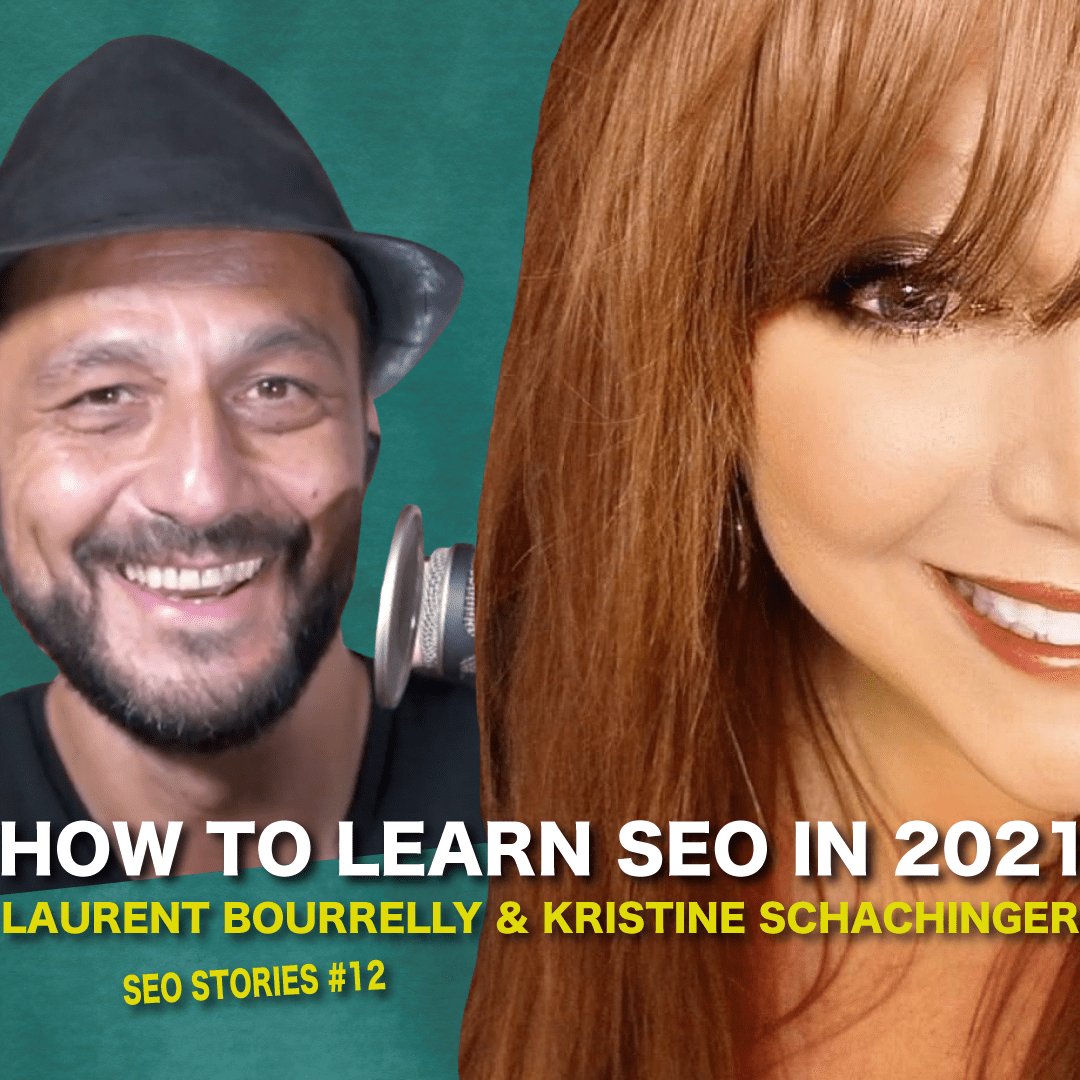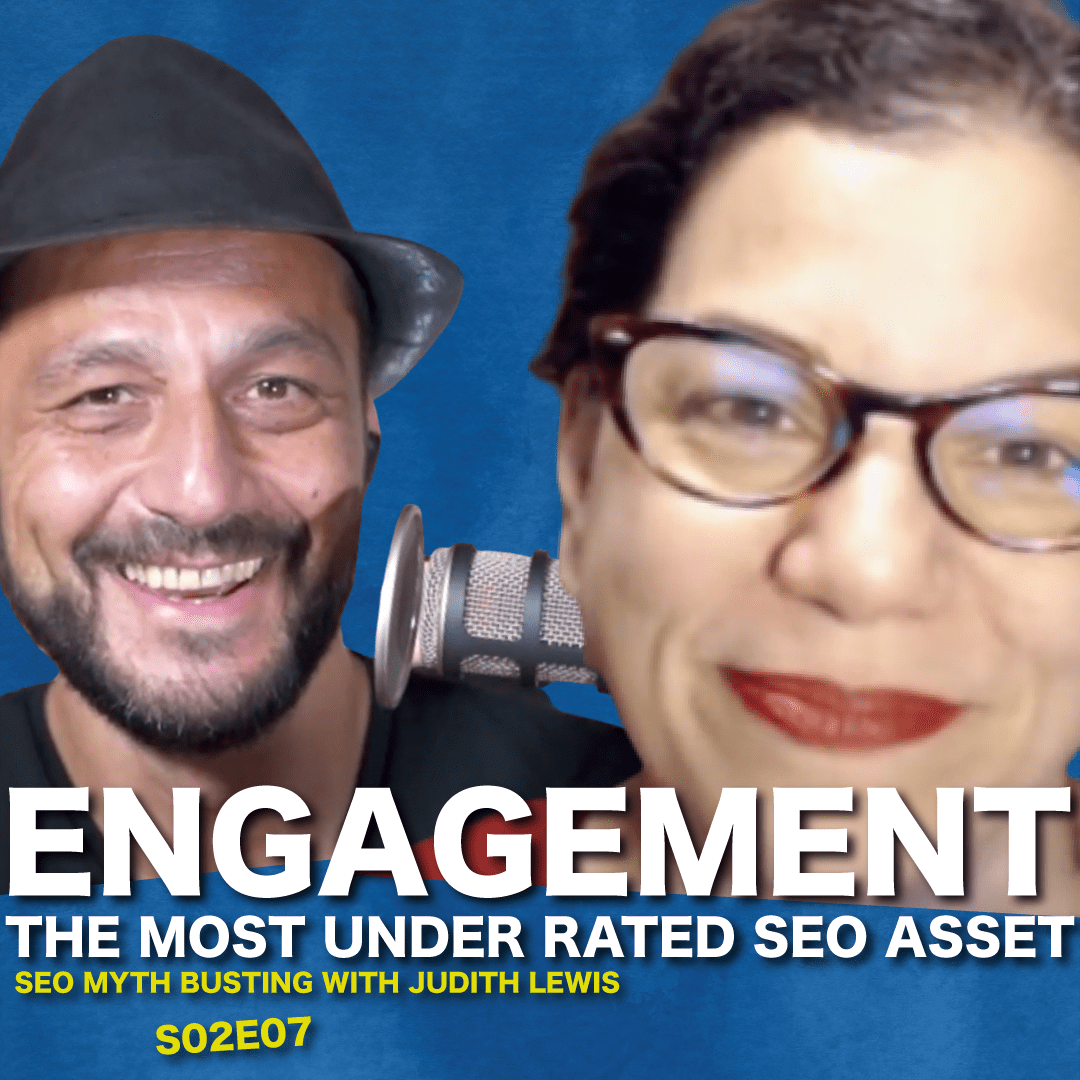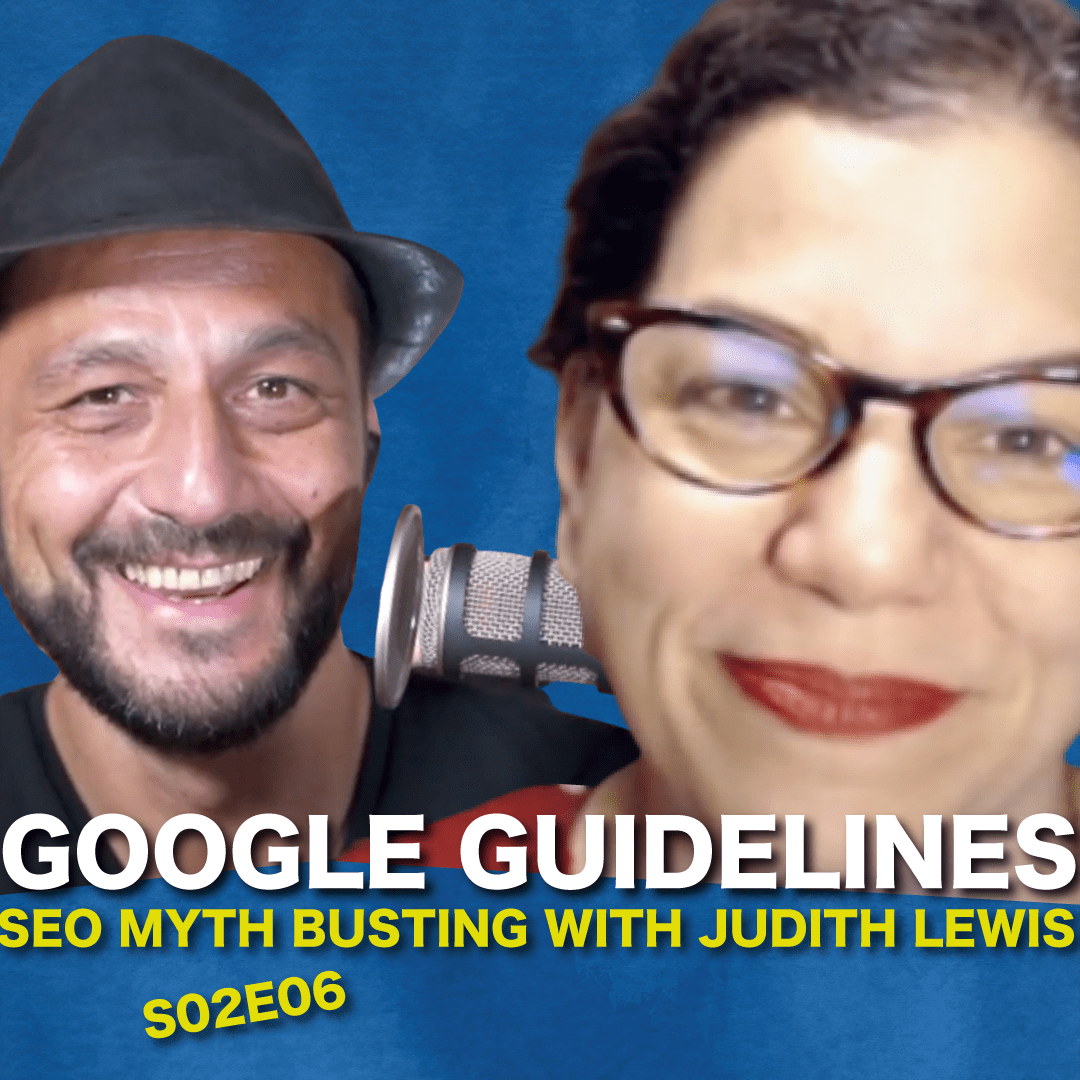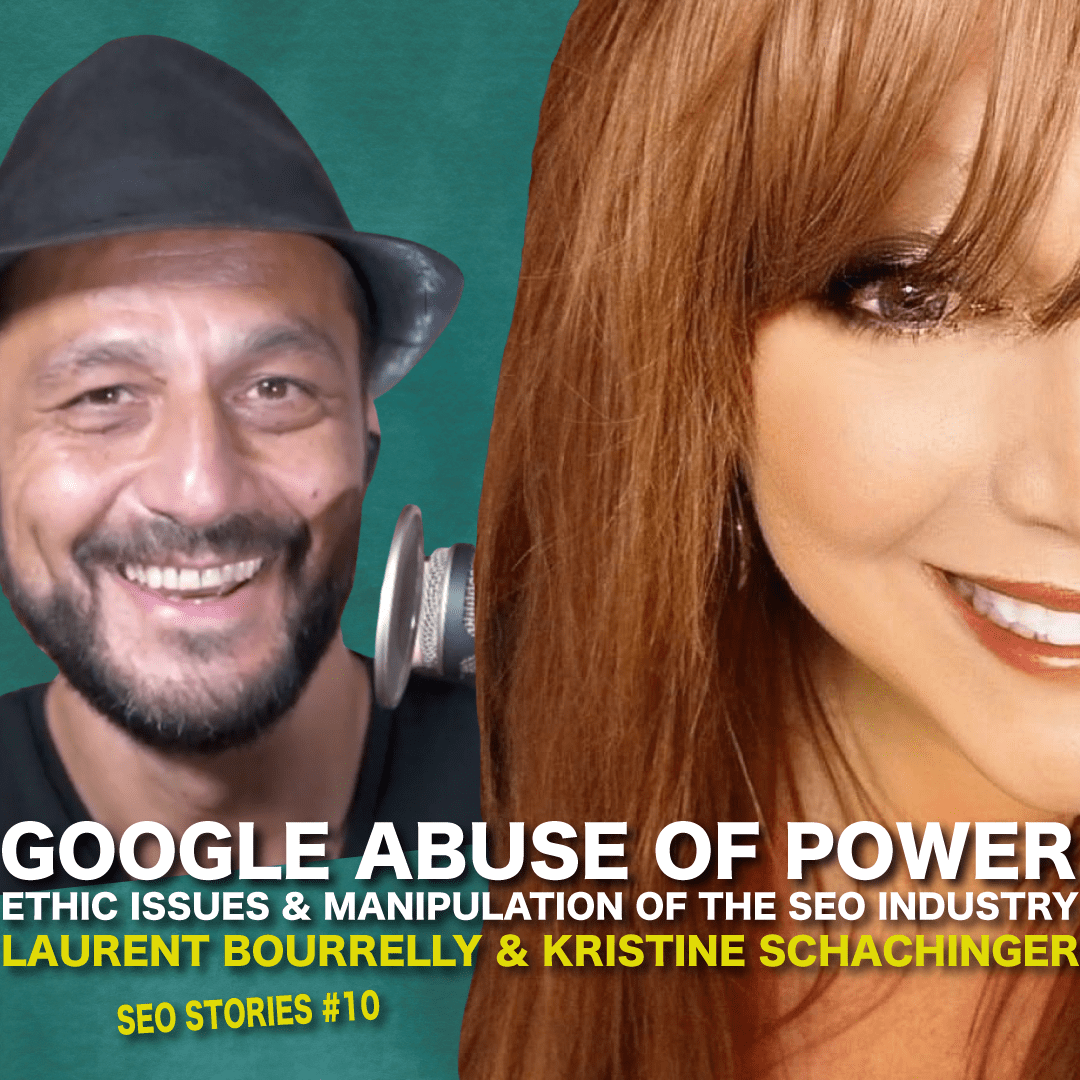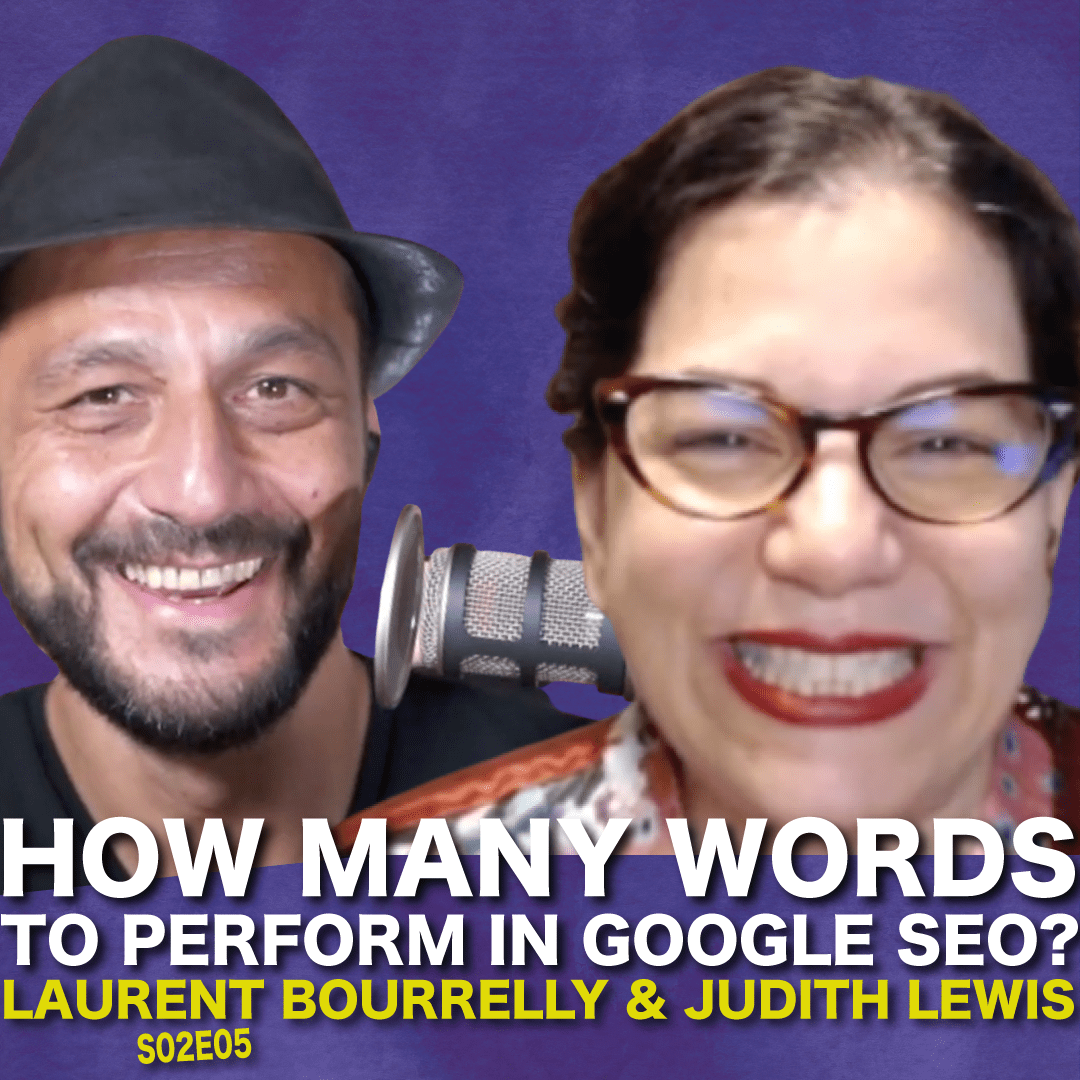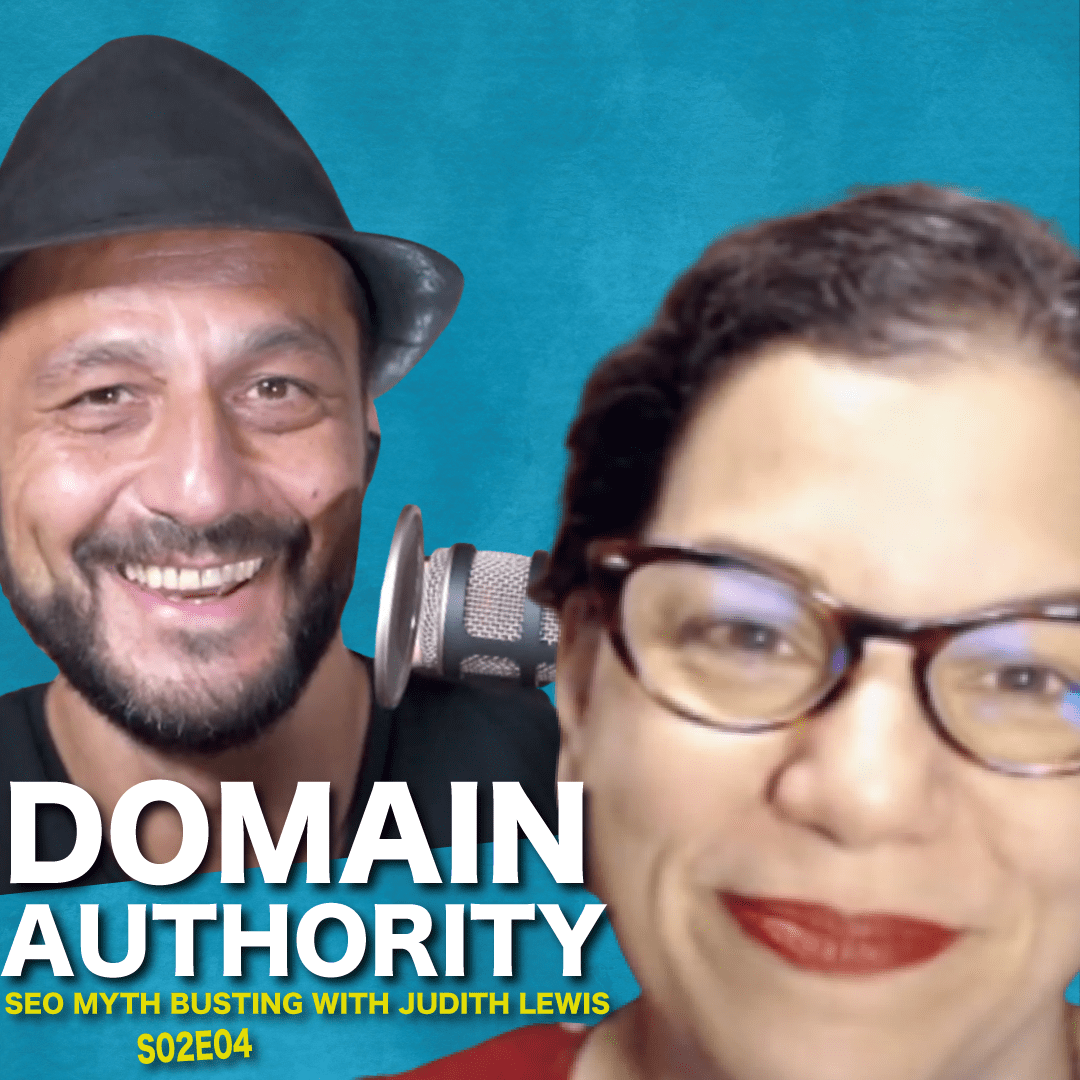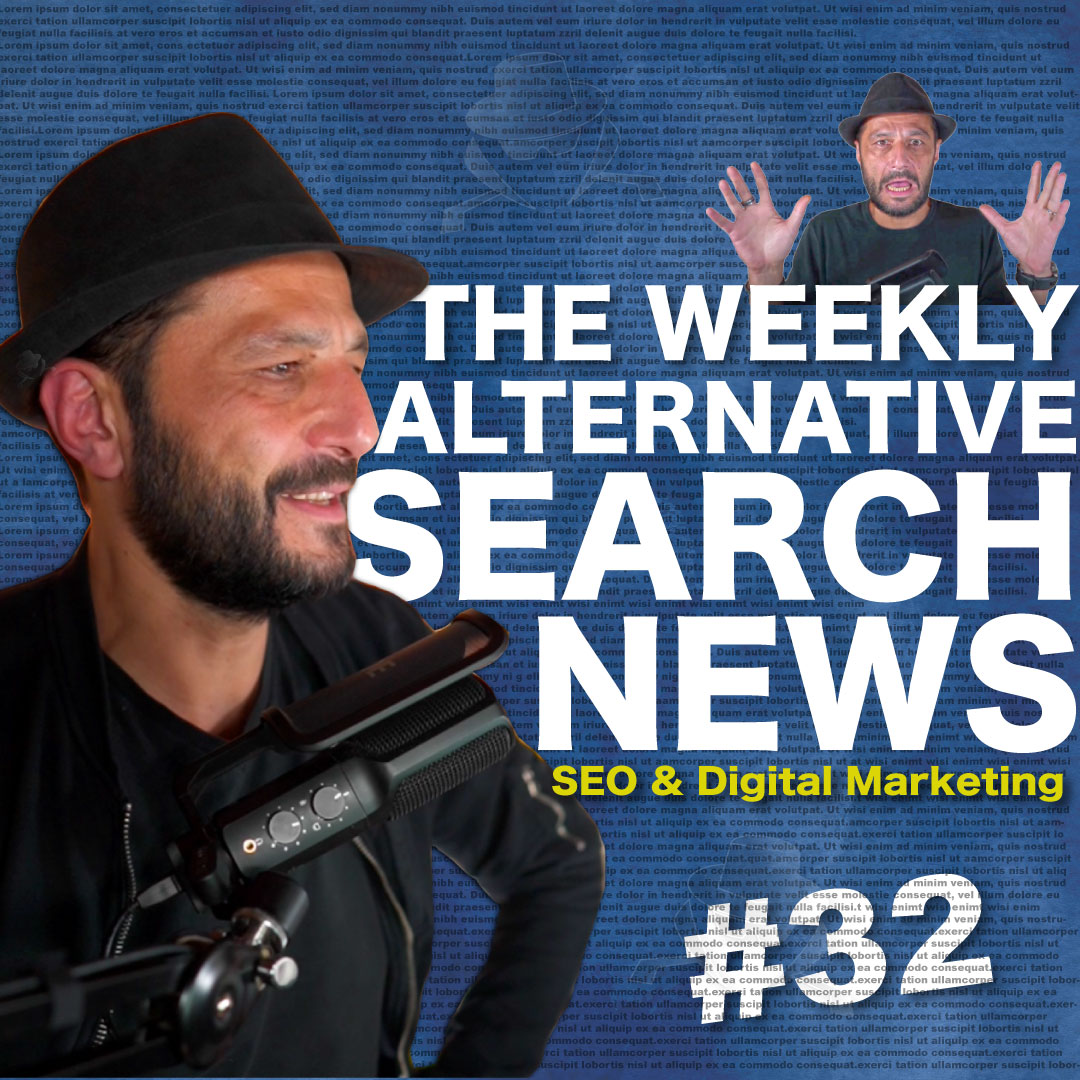Is SEO Dead? Why Everybody Calls Out The End of Search Engine Optimization?
SEOCONSPIRACY S01E29
Today, we’re talking about the future of our industry.
I was going to say Search, but in fact, it’s SEO. I almost said Search because that’s my point. My point is that we’re in the business of Search and SEO, the old school SEO.
The Word of Dixon Jones
I’ve got a little old boy story about this “SEO is dead” thing.
I once wrote a blog post, and it was linkbait, back in 2006 (around that). My title was “is SEO dead” or “SEO is dead,” and it was link bait as we know it today.
But interestingly, I was so early that I hadn’t spent much time on Jill Whalen’s High Rankings forum. Jill is now retired and moved out of the industry, but somebody picked up my article and said, “this is the most stupid thing I’ve ever heard.” They didn’t read the post. They just saw the headline and went for it.
This made me in the industry because one of my competitors came along and defended our agency and said, “Actually, they’re doing quite a good job on some things here and know what they’re doing.”
I’m not saying I’m known for the whole 20 years of this SEO stuff.
I’ve made many mistakes along the way, but then I was ranking pretty well for Search engine optimization, as was this other competitor we were fighting over that phrase at the time.
That made me because he’s done a better job of promoting his brand than I had at that time and somebody coming out and outright criticizing me turned out to be a win. It was good.
So SEO is dead has been around at least since 2006 because that’s when I started writing about it, and I’m sure I wasn’t the first.
Old School SEO is Dead
Let’s start from the beginning; what was it?
It was google desktop 100%. We all depended on google, and it was simple; it was in the 90s, but in the early 2000s, Google came in strong, and that was just Google. That’s when SEO became interesting.
And if the SEO industry started to blow up, that’s thanks to Google. At this time, Content didn’t even matter. It was title tag and backlinks with anchor text. That’s it.
The new way of doing SEO is what Dixon is doing with InLinks or what I’m doing with the Topical Mesh. It’s about semantic SEO, meaning it’s not just repeating keywords like old school style.
Back in the days, every time you had a space in the source code, you would put the keyword. That’s called keyword stuffing.
Now it’s more about how you can play the mystery word game; how can you surround that?
I don’t even want to call it a keyword; it’s topic idea cluster, concept, whatever you want to call it but no more keyword.
So surround it on the page, in-page, in-site, and off-site.
The interesting thing about the topically similar things is that we can now take a topic and say these are the topics, the other topics that are semantically very close.
If you’re talking about pizza, then if around that you start talking about dough & pepperoni & flour, you’re probably talking about going deep into the concept of pizza making. In contrast, if you talk about pizza and then you talk about things like restaurants and takeaways and Chinese and Italian. You’re probably talking about takeaways’ concepts as a genre of which pizza takeaways are one type.
So how you talk about topics around your central core theme influences the central theme and the focus of that theme.
Be in phase with the intent.
What’s important is to be in phase with the intent. If you want to eat some pizza, then you don’t care about the history of pizza.
I want to point out that in English, they have a term that we don’t have in french, which is the word Topical. Topic and everything that surrounds the topic. Everything relevant around the topic.
I think that’s the right word because semantic, what does that mean?
It can mean variations of the same topic. Semantic is more marketing; it sounds good from a marketing point of view. I think the real word is topical.
I mean, in my view, that word defines how you need to explore the topic whatever is around the issue, trying to find issues that are close, here in the algorithm.
And those Ngrams are very integral for Google to find whether words were close to each other. They could use algorithms than to sit there and say king and queen are probably quite close to each other, without knowing anything about a king or a queen, but that’s now morphed into something Google says, “ok, now I understand the concept of the king, I understand the concept of the queen and yes I understand that these two topics are close.”
Nut you’re likely to be talking about the king when you talk about the queen if you’re talking about history.
King is the same as a queen, or a female king is a queen. Some of the algorithms are getting that concept that when two topics or three topics or ten topics are all very close to each other, then google is going to nail it when it says what the best content for this is, you’re going to be in the mix if you’ve mentioned those ten closed topics.
That’s why you need a tool like InLinks because, with your brain, you can figure out who is in relation to what and why and if you know what you want, if you are educated if you play my little mystery word game, if you know what you’re looking for, a tool like Dixon’s or mine is a facilitator be you’re going to be able to use the device in a very efficient way as opposed to someone who is just pressing the button, not knowing what he wants not knowing how it works. And what’s crazy is that it works.
Once Google understands that you are the most relevant, once you feed the beast how and what it wants, the results are magic.
Remember, what google has & what google wants are two different things.
The fact is that it’s not just a trend; it’s here to stay. That’s how to do things that are the way google is evolving; it’s the new SEO; it’s the new way of looking at things.
It’s been around for years, and it’s taking a long time for SEOs to stop using the old way.
And even in the new way, my disappointment is that content is still crap. They don’t level up. It’s still Google text; it’s still food for Search engine. A semantic sauce is now applied to it, but it’s still really bottom down, and I’m guilty I’ve done it for years, but it was 15 years ago.
Inspire some life in those results; there’s got to be a little bit of spark and variety; they shouldn’t all be the same kind of answer. There should be different nuances on the same type of solution.
Some of the results are wtf. In french, I was looking at buying wine, and it was just “you got red, white as a choice,” and then that was it; I mean a lot is going on with wine, especially with french people you can’t just leave red & white wine, and that’s it.
Google is happy that people will click on the page results, and they’ll earn money. That’s where all the money is coming for them.
That’s why also there’s a new trend coming back; it’s not a new trend; it’s an old way of Searching that is coming back; it’s asking real people. Asking people if you want to know whether to make a pizza, you ask a cook in the pizzeria because you get a better answer than google, and that’s coming back strong.
So if Google’s guilty of dumbing down “asking your friends,” it does two things:
It gets rid of commerce, so it gets rid of the paid element, which is great. Still, in certain types of Search, you’re talking to your echo chamber. When you’re trying to get something factual, that’s fine, but when you’re trying to get something nuanced, you’re going to get a limited set of results from a group of friends as well, so politics is a perfect example of that you ask your friends they’ll all agree with you.
SEO is now a layer in a global content marketing strategy
I think SEO, old school SEO, I’m not saying it’s dead. It’s just a layer within a global content marketing strategy.
You need that SEO layer, but SEO is an end in itself, and if you don’t do everything around SEO, it depends if you’re targeting bed and breakfast renting in Buttfuck, Arizona, sure.
But if you want to play with the big boys, you got to do everything around SEO. Otherwise, I guarantee it won’t work to do links and title tags and optimize your content, even with the semantic sauce.
People mindset needs to change.
As we said in this video, you can’t do one keyword: one-page one ctr & money is all over the place.
Maybe it’s your Pinterest, your image on the Pinterest account that’s going to rank first. And I don’t care where people search; if they Search, it’s my business.
Google desktop SEO is not dead to me; it’s just one brick in Search’s wall. I’m in the business of Search, I’m not going to teach you community management on Facebook, but if people Search on Facebook or if a dude found me throughout the keywords on my blog post, I’ll see him again on Facebook, I want to be there.
Search Will Never Die
Search will always be the best because of intent because when people are Searching, they are more open to the transaction. If you go into the mailbox or social media, if you go everywhere else, I’m not saying it’s not possible, but I think, thanks to intent, Search will always be the best pipeline, the winner of all KPIs.
So in conclusion, I think old school SEO might be dead, but Search will thrive forever.
On Google voice search, there is no place, no room for number two. It’s number one or you die. There’s only one result with voice search, so that’s the game, and it’s harder, that’s for sure.
Listen to the podcast
Watch the video
Latest posts
- How To Learn SEO in 2021 with Kristine Schachinger
- Engagement is the most under rated SEO asset in 2021
- Google Guidelines
- SEO Party, the Wild and Crazy Stories
- Google Abuse of Power, Ethic Issues and Manipulation of the SEO Industry
- How many words per page is the best for Google SEO?
- From Basic SEO to Content Marketing
- DOMAIN AUTHORITY
- SEO NEWS #32
